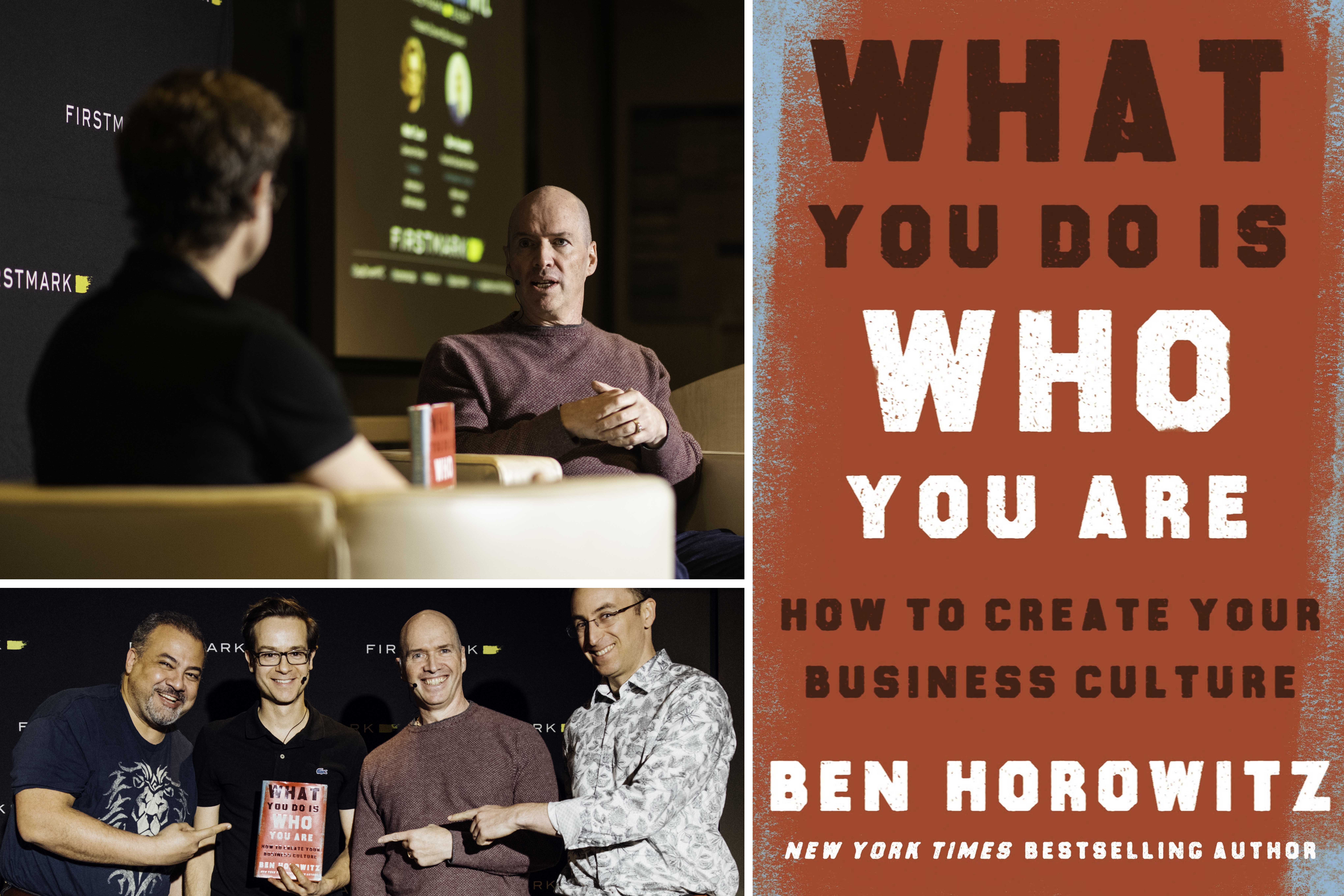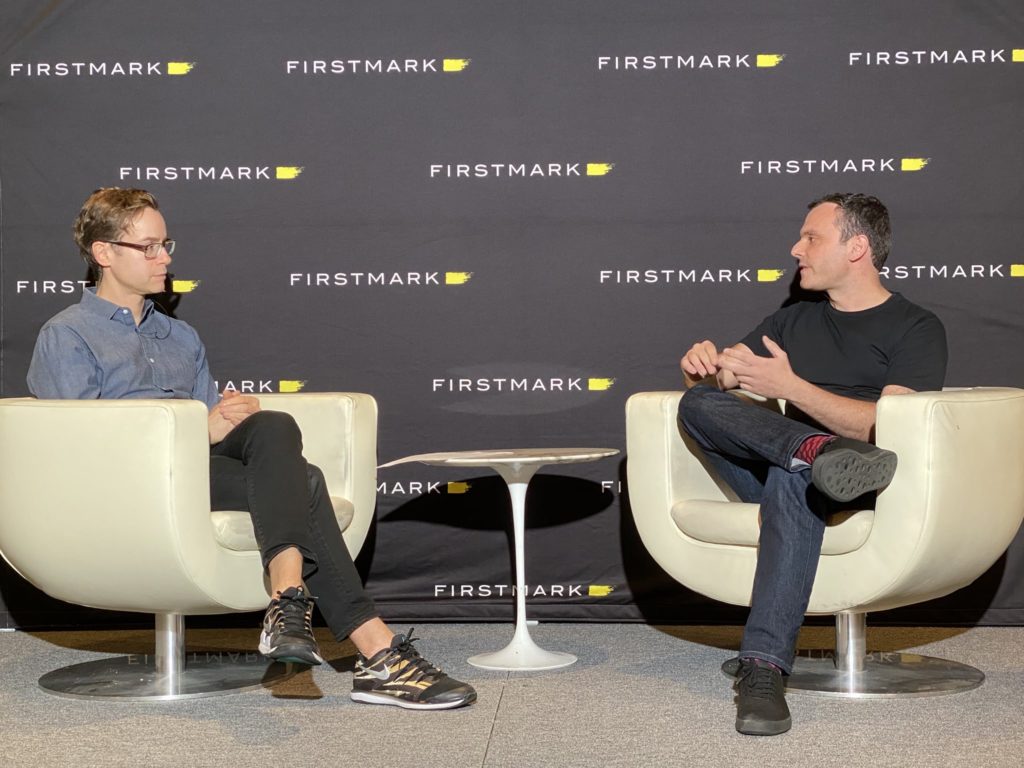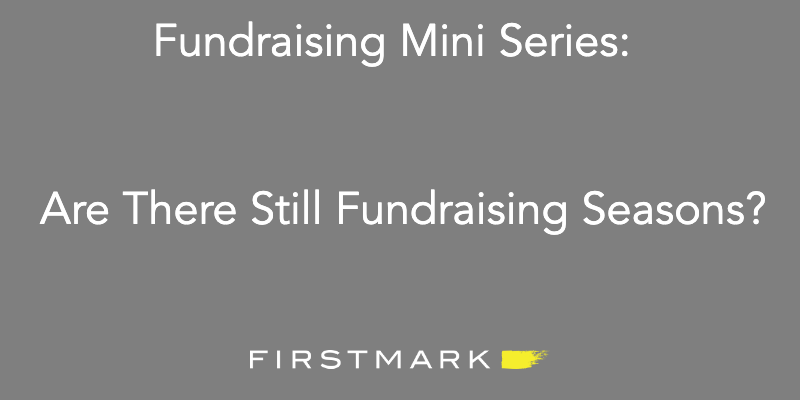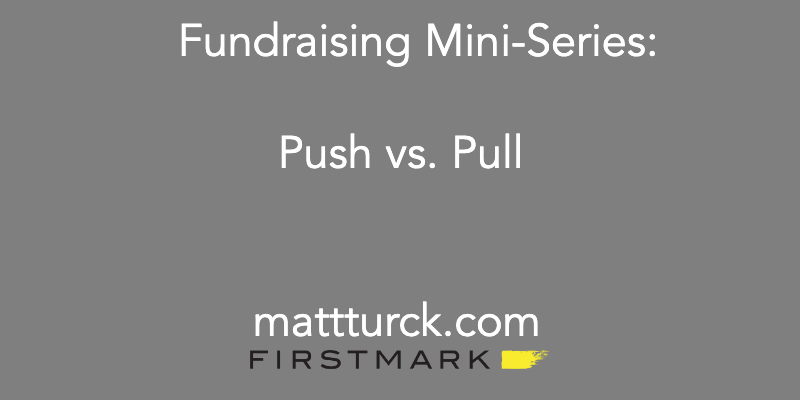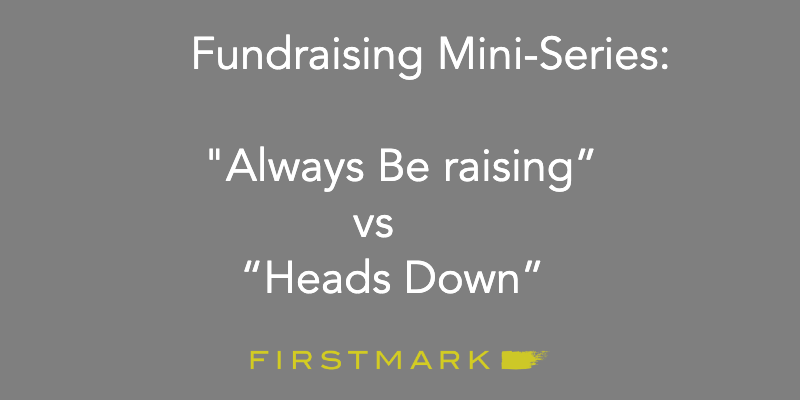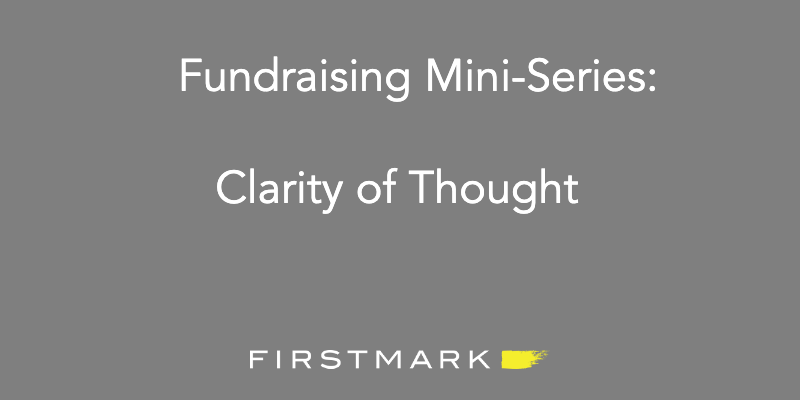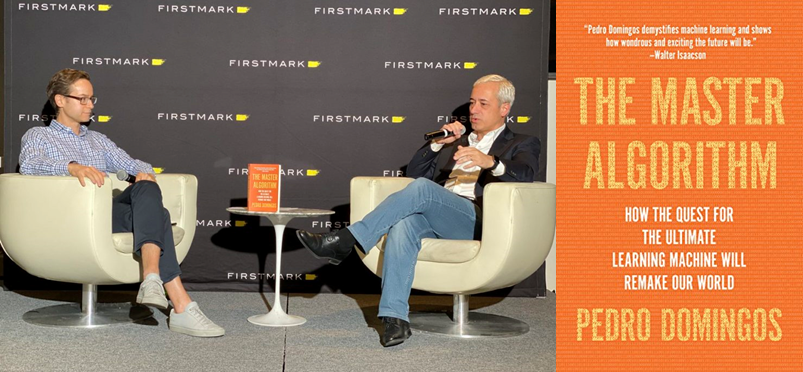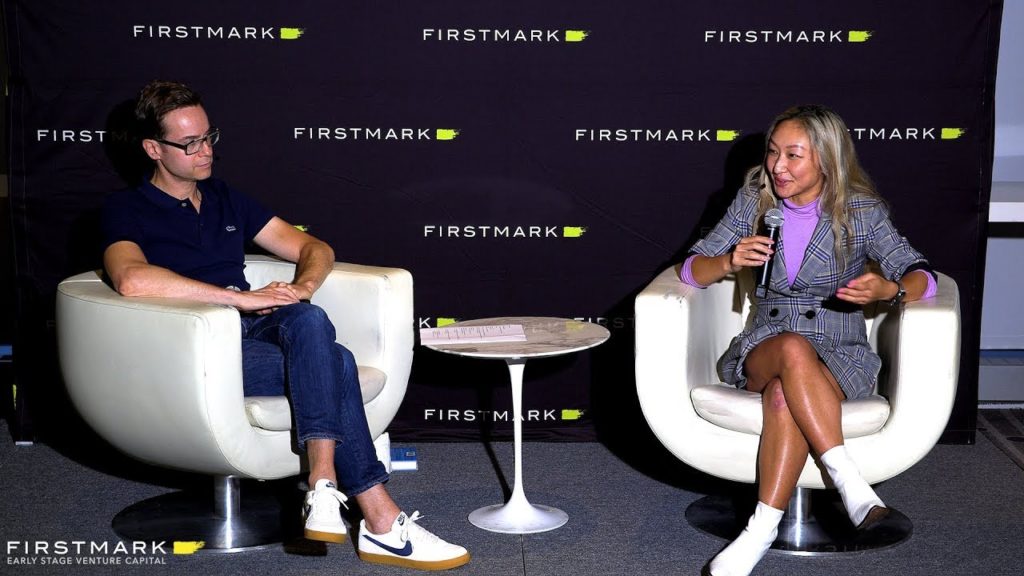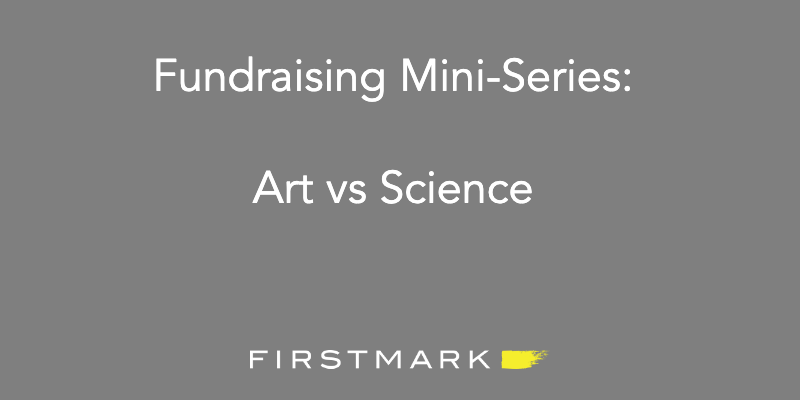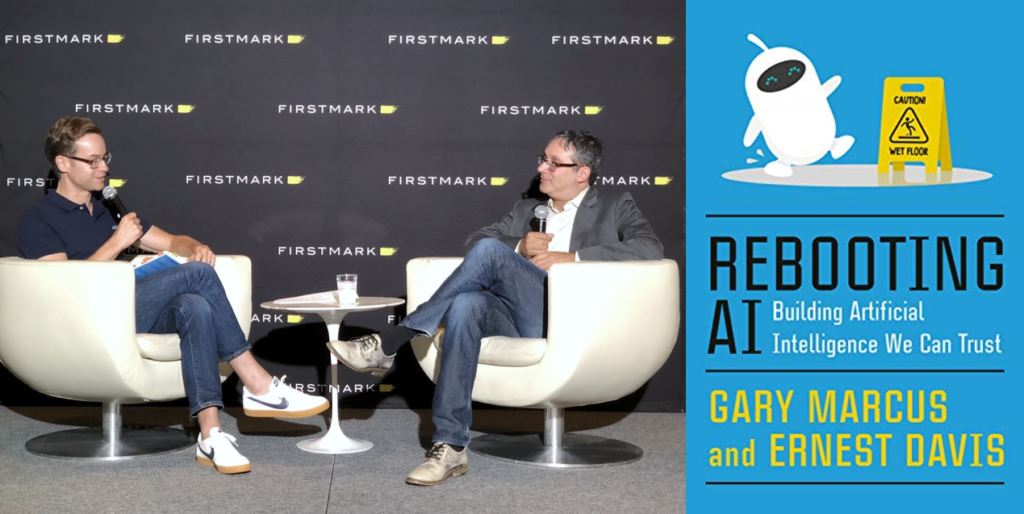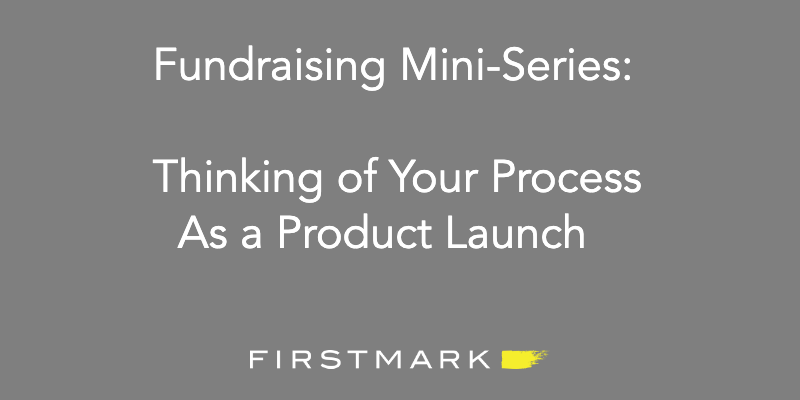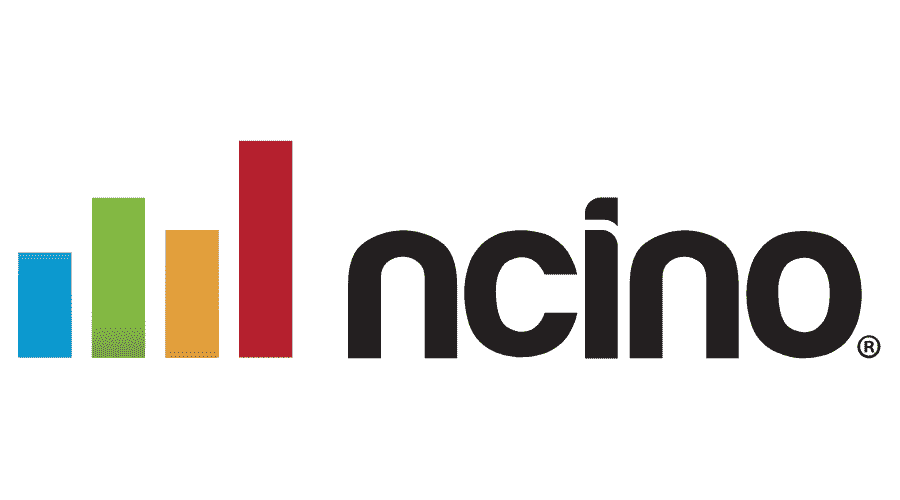
[July 14, 2020 IPO update – stock popped + 195% first day of trading, see end of post for details on IPO]
The upcoming nCino IPO is an interesting story, and a good reminder that strong cloud/SaaS companies can be built outside of the usual Silicon Valley or NYC venture path (even with VCs on board)
(As a side note: we often do those S-1 summaries internally to keep tabs on the software IPO market, so my colleague Avery Klemmer and I figured we’d “open source” this one in case it might be interesting to others – thoughts and comments welcome. Our firm FirstMark is not an investor in nCino)
HIGH LEVEL THOUGHTS & LESSONS:
nCino is a refreshing example of a successful software company that’s built a little bit outside of what’s currently in favor in venture capital circles:
- Vertical software: Many VCs these days tend to prefer broad horizontal opportunities, with a concern that vertical software ultimately has a limited TAM, even a large one – but nCino is 100% focused on the banking market
- Service heavy, no bottoms up GTM: nCino sells its products through AEs , with long sales cycles, and significant implementation services are involved
- Platform dependency? Being built on top of someone else’s platform is often a concern for investors. nCino is built on top of Salesforce (like Veeva). They’ve seemingly safeproofed this relationship by reselling Salesforce products in their deals, and raising money from Salesforce, wnich is a large investor.
- Not a Silicon Valley or NYC story: Launched in 2012 by executives of North Carolina-based Live Oak Bank as a spin-off venture. Still based in Wilmington, North Carolina
- It’s a spinoff from a bank: the company was originally founded as a majority-owned subsidiary of Live Oak Bancshares, a bank holding company. It then raised $9m in seed funding in 2013 from a variety of individuals including John Mack of Morgan Stanley and Chip Mahan, the Chairman of Live Oak Bank. So nCino didn’t have the structure that most VCs like to see, where the founding team has high ownership and the first money in comes from institutional investors. This history as a spin-off is probably the reason why the CEO of the company owned only 1.6% at IPO time, although we don’t know this for sure).
